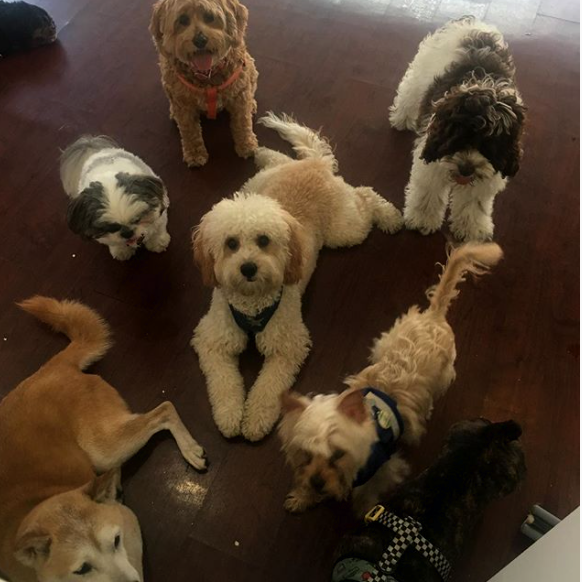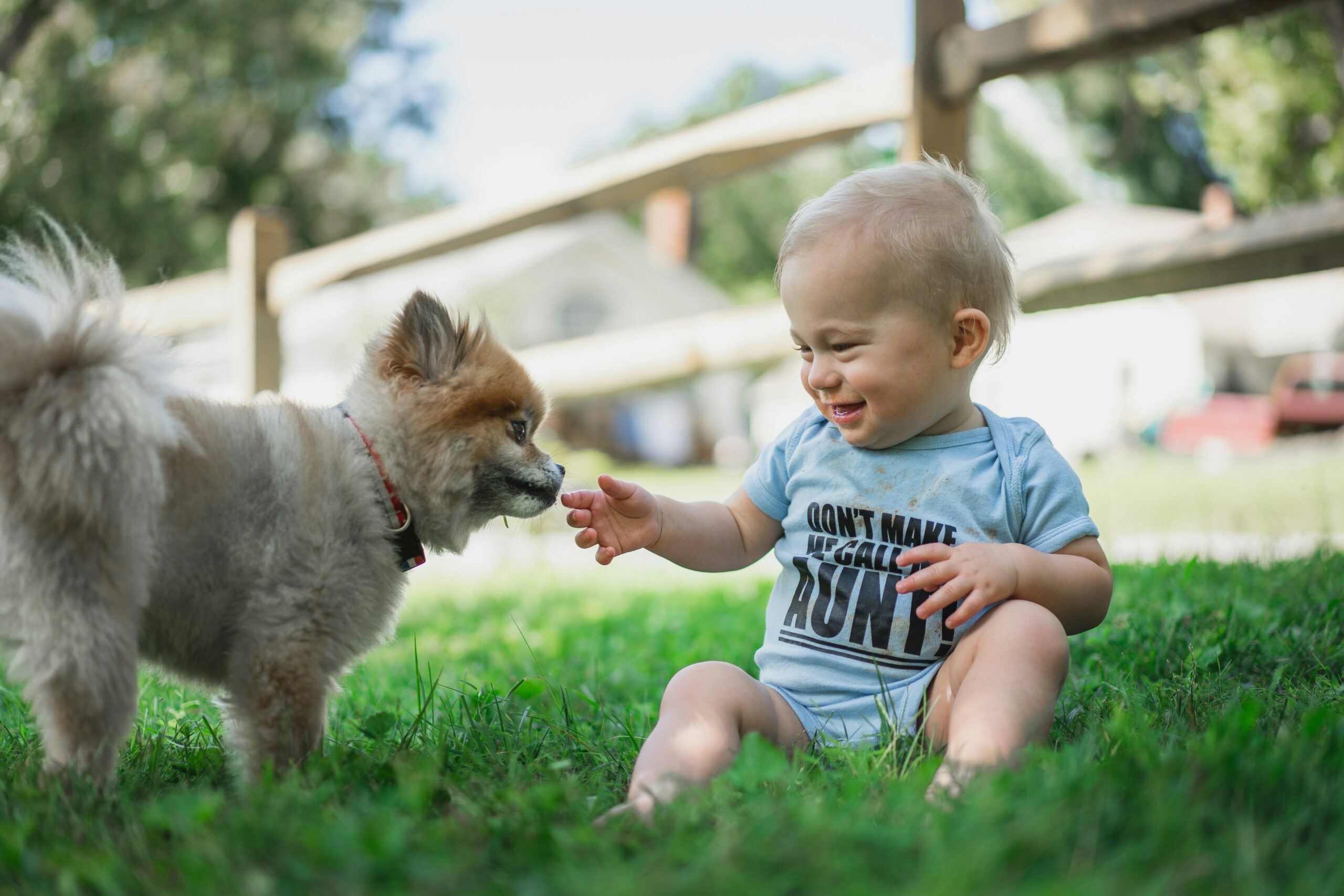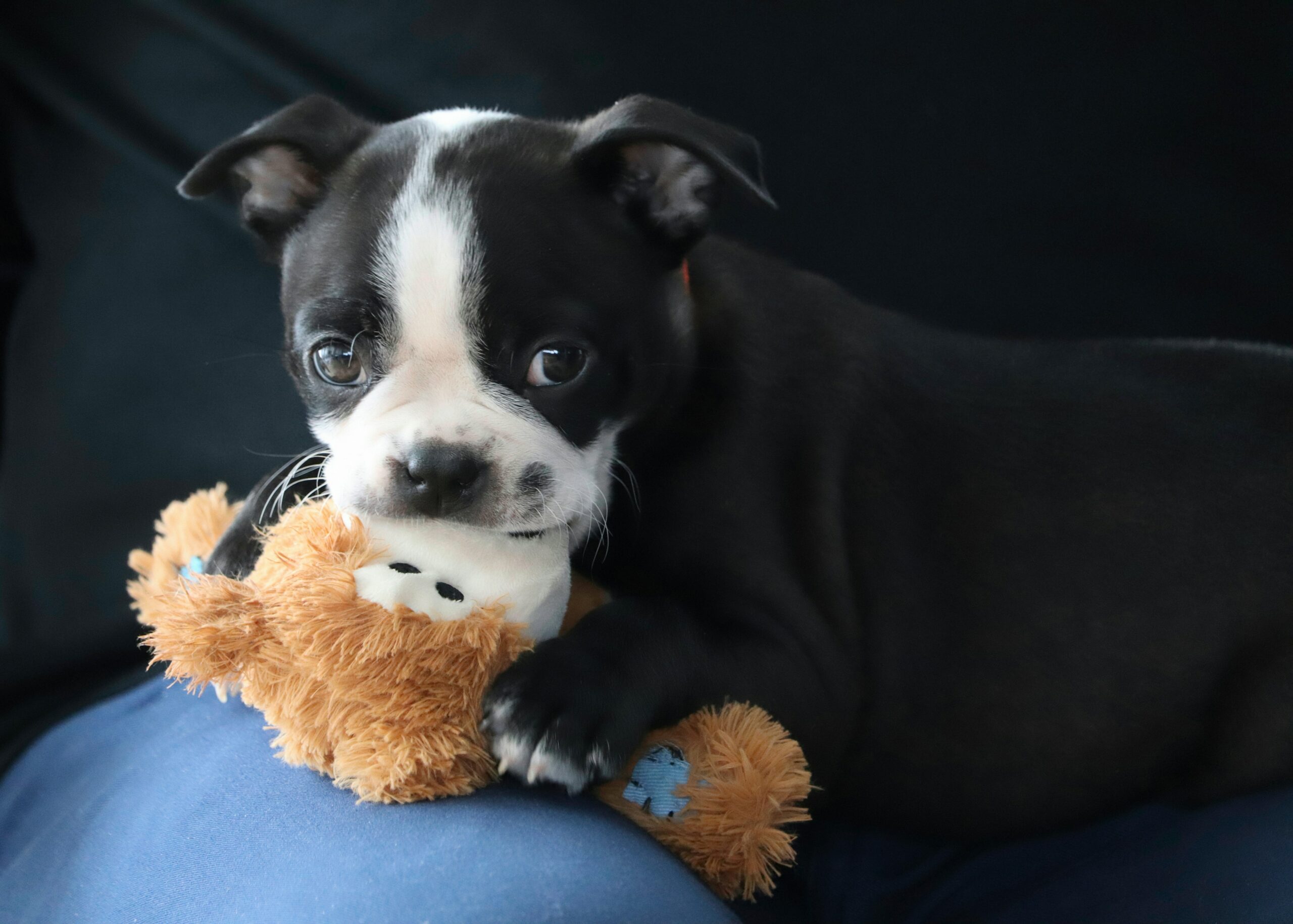A happy, friendly pet that loves the company of other pups and people is a dog owner’s dream. However, having one is not sheer luck, but it requires a lot of hard work to raise a friendly puppy. You need to pay attention to the emotional health of your furry friend, working on positive traits, cultivating positive people skills, and curbing aggression. The best way to achieve these goals is by investing in the right kind of training from day one. Here are some ideas you can implement for the best results.
Give lots of love and attention
Pets deserve your attention as much as kids do. When you bring one home, you need to be committed to this responsibility. Spending time with your pet every day should be a part of your routine. It needs your love and attention, so make sure that you go beyond looking after their physical needs like diet and grooming. Even if you plan to get a professional trainer, choose someone who prioritizes positive behavior. Steer clear of aggression during training as well as day to day interactions.
Socialize from puppyhood and beyond
If you want a friendly dog, work starts from the day you get the puppy home. Ideally, you should know the breed and its behavioral traits well enough so that you understand how to handle them the best. For example, GoldenDoodle Puppies are inherently friendly, and socializing with them wouldn’t require much work. Invest in positive interactions when you introduce your puppy to new people and experiences and continue these positive introductions throughout the dog’s life.
Make it work for rewards
Rewards make an integral part of dog training. Not only do they cultivate positive behavior in the animal through motivation, but they also reinforce your role as the keeper of treats. Make your pet work for rewards so that it understands the value of obedience and good behavior. Beyond integrating rewards in the training program, add them to everyday activities as well because it will make the animal friendly by temperament.
Counter bad experiences with good ones
Bad experiences often make dogs aggressive and unfriendly, and you cannot blame an animal for that. If your pet has a bad experience, repeat a similar experience but with a positive outcome this time. For example, if your pet shows aggression towards a specific breed or animal due to an incident on the road, introduce it to a friendly dog of the same breed. This strategy would help it to overcome fear or aversion quickly.
Avoid frustrating the dog
Whether you train the pet yourself or have a professional for the job, make sure that you never frustrate it. The effort should extend beyond training but be a part of the animal’s life. Don’t tease the animal for rewards, but give them generously and readily. Dogs tend to get irritated if you do not allow them to interact with other dogs. Let it interact with other pets. You can even consider planning playdates with a friend’s or neighbor’s pet so that your dog learns to be friendly and patient.
Good training is the mainstay of raising a happy pet. Go the extra mile with it and keep a close watch on the dog’s behavior. Seek professional help at the earliest if you notice signs of aggression.




